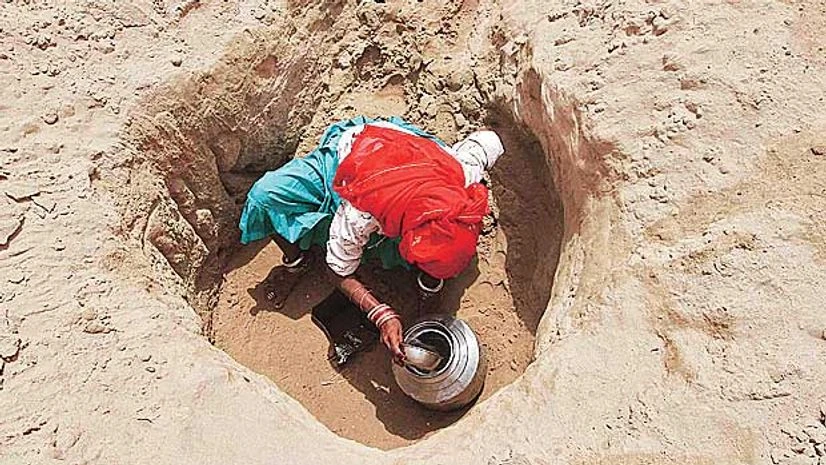With the passage of the Sutlej-Yamuna Link Land (Return of Property Rights) Bill, 2016, by the Punjab Assembly last week, and subsequent tension between Punjab, Haryana and Delhi, inter-state water disputes are yet again in the limelight.
The Bill seeks to return land to farmers from whom it was acquired decades ago for the construction of the canal, which started in April 1982. The Punjab Assembly's passage of the Bill is being seen as an attempt to not share water with neighbouring Haryana, which further affects Delhi.
Agriculture dominated Punjab and Haryana are battling fast-depleting groundwater table. With Assembly elections due in Punjab next year, the recent move by the Shiromani Akali-Dal-BJP government has strong political implications too.
The seeming refusal by Punjab to share its water resources with other states is one of many inter-state disputes that have been awaiting resolution for years. The Cauvery water dispute - involving Kerala, Karnataka, Tamil Nadu and Puducherry - is one of the most debated and long-drawn cases. An attempt to build a dam in present day Karnataka (then Mysore princely state) on the Cauvery in the 19th century came in for stiff resistance from the then Madras Presidency (present day Tamil Nadu). After years of negotiation, a 50-year agreement was reached in 1924, allowing for the construction of the Krishnaraja Sagar dam and the Mettur dam. The expiry of the agreement period saw intense conflict between the two states. Finally, the Cauvery Water Dispute Tribunal was constituted in 1990. The tribunal gave its interim order in June 1991 and further clarificatory orders in 1992 and 1995. The final order came into effect in February 2013.
There is a committee under the chairmanship of secretary, ministry of water resources, to monitor the implementation of the order. The committee has chief secretaries of the affected states and union territory as its members. According to a government website, the committee has had five meetings so far and the last one was in September 2015. The fate of other major inter-state water disputes is no different. According to a July 2014 government communication, there are five major water disputes being looked into by various tribunals. Not a single of them has reached resolution yet.

The resolution of water dispute is governed by the Inter-State Water Disputes Act, 1956. According to its provisions, a state government can approach the Centre to refer the dispute to a tribunal, whose decision is considered final.

)
